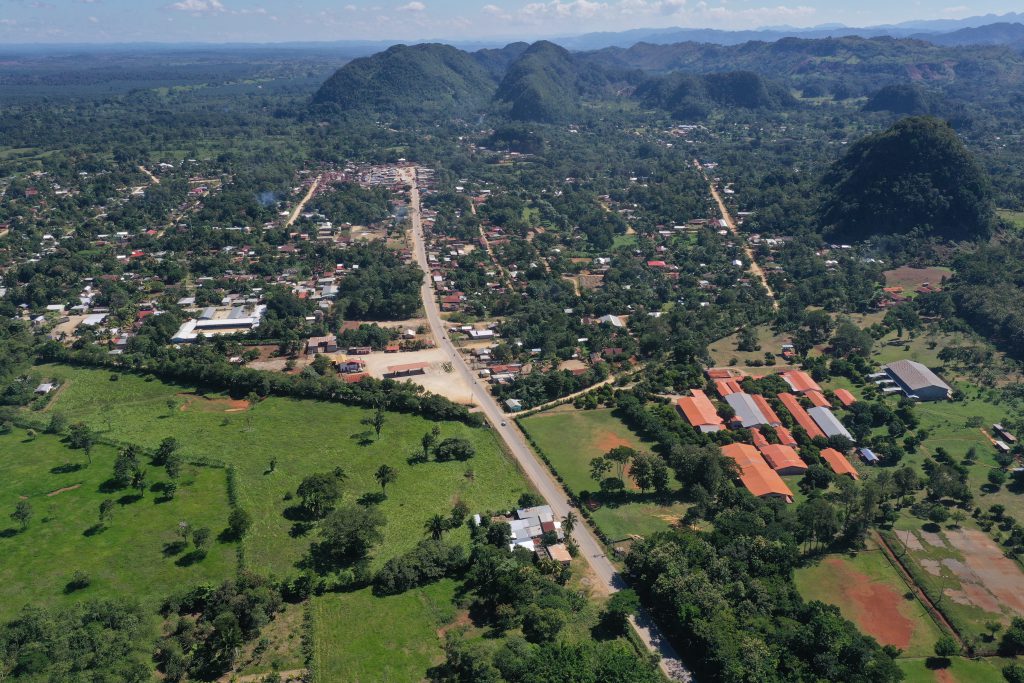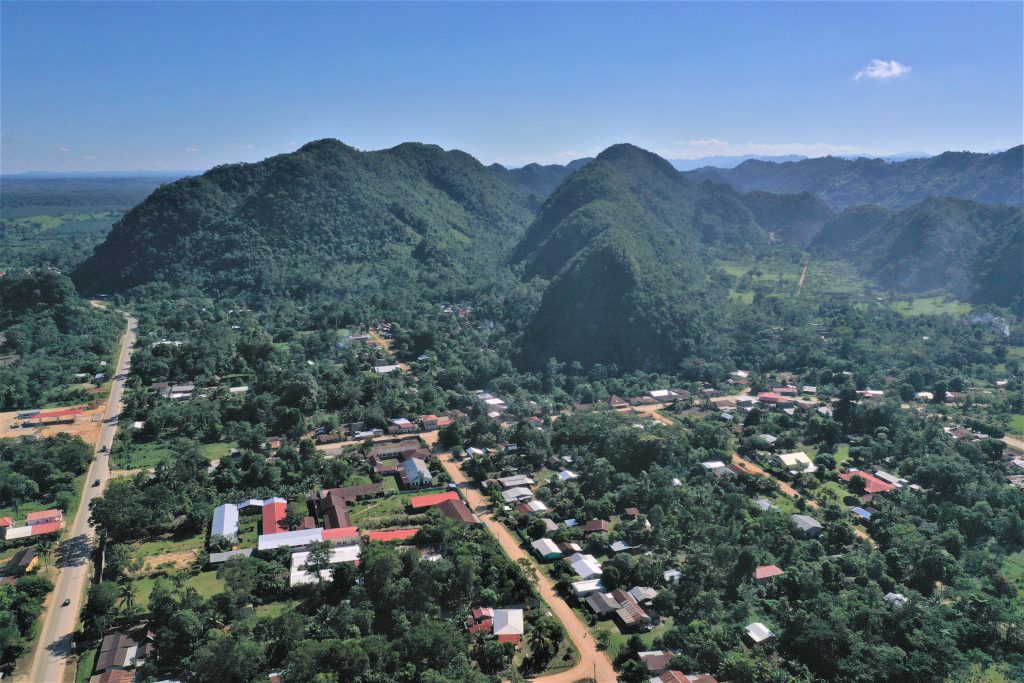The evaluation was carried out by conducting fieldwork guided by a survey in which the following aspects of relevance were defined:
Operation of the system:
- State of infrastructure.
- Volume of water produced and served by the system.
- Endowment per user and per day.
- Hours of daily service.
- Quality of the water offered, evaluated from the performance of physicochemical and bacteriological tests by an accredited laboratory in the country.
- Purification system used and its operation.
- Detection of relevant failures to date.
- Existing or suspected leaks.
- System maintenance structure and operation.
- Wastewater problems and possible environmental impacts.
Administration of the service:
- Structure responsible for its administration, composition and operation.
- Presence and effective participation of women in this structure.
- Institutional support available to this structure (i.e. support from the Municipal Mayor’s Office).
- System administration data.
- Operating costs.
- Pricing used and comparison with similar systems.
- Non-payment rates.
- Operating results.
- Overall assessment of the system and recommendations.
In addition to these data collected, they were georeferenced, photographed, surveyed by drone flight and took measurements of the dimensions of the main elements of the system such as wells, tanks, aqueducts, chlorination systems, etc.


